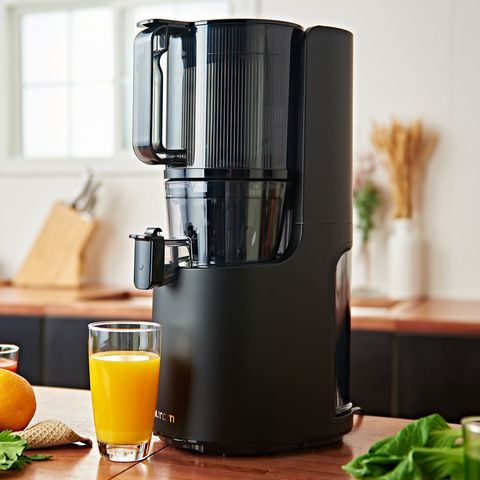Probiotics are microscopic living organisms that are present in our gut and are also present in food. Probiotics are living bacteria that are essential for the health and normal functioning of our digestive system. In the gut, probiotics protect the body from harmful bacteria and fungi. Probiotics are associated with the digestion and normal functioning of the gut.
Prebiotics are fibers that come from carbohydrates. Humans are unable to digest prebiotics but they act as food for the probiotics (microscopic living organisms and bacteria). Prebiotics act as fertilizers that nourish good bacteria in our gut. The healthier the probiotics, the healthier would be the human body.
Benefits of Probiotics
1. Digestive Health
Probiotics are healthy for the digestive system. Studies have shown improved digestive function in people who maintain a daily intake of probiotics. The presence of probiotics in the gut cleanse it off the harmful bacteria. The beneficial bacteria release enzymes in the gut that help to improve the overall digestion. Improved digestion means improved human immunity.
2. Mental Health
The gut and the brain have a deep connection. Depression, tension, and nervous anxiety deteriorate the functioning of the gut. Probiotics are said to improve mental health by alleviating the symptoms of depression and anxiety.
3. Gastrointestinal Health
Probiotics in the gastrointestinal tract help in the digestion of food. Bacteria are said to reside in our gastrointestinal tract. There they are employed to neutralize the harmful organisms. The accumulation of bad bacteria corrupts the gut functioning and causes diseases. The presence of probiotics improves general gut health.
Benefits of Prebiotics
Prebiotics are the components of food that remain undigested by the body. These components are consumed by bacteria that are present in our gut and are known as probiotics. Prebiotics sustain the wellbeing of bacteria and nourish them. Since prebiotics support probiotics, the former offers the same health benefits as the latter.
What are Pre and Probiotic Foods
1. Prebiotic Foods
Prebiotic is a component of foods that contain complex carbohydrates. They are found in fruits and vegetables that contain carbohydrates and starches. Foods rich in prebiotics include chicory root, onions, and garlic, oatmeal, wheat bread, asparagus, dandelion greens, Jerusalem artichoke, barley, and apple with skin.
2. Probiotic Foods
Probiotics are found in many foods. The most common probiotic food is yogurt. Yogurt is made by fermenting milk with bacteria. These bacteria remain in it and provide health benefits to humans. Other probiotic foods include kefir, fermented foods such as sauerkraut and kimchi, kombucha, fermented buttermilk, and fermented cheeses.
3. Probiotic Supplements
Probiotic supplements are very popular in the market. The supplements include pills, powders, or liquids that contain live bacteria. Probiotic supplements improve the health benefits by manually culturing bacteria inside the gut.

